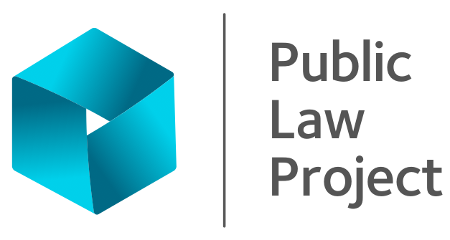COVID-19 – Universal Credit
The FAQs on this page are intended to provide general information based on DWP guidance at rules during the coronavirus crisis and not to provide legal advice. If you require advice on your specific circumstances please contact a welfare rights adviser or lawyer. The information on this page was last updated on 8th March 2022.
COVID-19 and Universal Credit
Will I still have to accept a claimant commitment to claim Universal Credit during the COVID-19 crisis?
Yes. Accepting a claimant commitment is still a basic condition of entitlement for Universal Credit, although this can be waived if there are exceptional circumstances preventing you from accepting one.
However, your claimant commitment should still be tailored to meet your needs and circumstances, and any easements that may be applicable should still have effect. For example, if you have children, what is expected of you should be reasonable taking into account your childcare responsibilities.
Will I still be expected to complete work-related requirements?
In short, yes. In 2020, the DWP suspended the requirements to search for work and to make yourself immediately available for work. The suspension ended on 30th June 2020. This means that if these conditions apply to you, you may be expected to ‘actively’ seek work.
Make sure you are clear about what is expected of you, and explain any difficulties you might have with meeting requirements from home (such as problems accessing technology or difficulties with using the internet). You could enter a message on your journal for your work coach or by calling the helpline.
You should also explain how the coronavirus pandemic may affect your ability to actively seek work. For example if your skills and experience relates to work in a sector or industry which has been particularly badly affected by the pandemic, try to make this clear.
Could I still be sanctioned during the coronavirus crisis?
Yes. However, if you have a ‘good reason’ for not meeting an expected requirement, then a sanction should not be imposed. A ‘good reason’ could include following medical, NHS or government advice about coronavirus, which prevented you from doing something.
What if I become unwell or have to self-isolate?
You should follow NHS and government guidance about what to if you become unwell, and when to self-isolate.
You should tell your work coach if you become unwell or have to self-isolate. The easiest and quickest way to do this is by entering a message on your journal. You could also call the Universal Credit helpline. You may wish to keep records of positive test results, such as a photo or a copy of the confirmation email from the NHS when you report it.
If you become unwell or have to self-isolate, the DWP should treat you as not being fit for work. You might still have to complete work-related requirements if this applies to you, such as keeping in touch with your work coach. Make sure you ask your work coach if you are not clear about what is expected of you.
What if I have to look after someone who is self-isolating?
If you are looking after someone who is self-isolating or who is not well, then tell your work coach. This might include someone who is not living with you in your home, such as an elderly or disabled relative.
If you are providing care or assistance to a vulnerable person it is a good idea to let your work coach know, as they may agree to adjust your work-related requirements.
What if my children are not able to go to school?
If your child is not able to attend school due to contracting covid, and is living or staying with you at home then make this clear to your work coach. The DWP have a discretion to switch off work-related requirements where it is unreasonable for you to be expected to complete them. The circumstances include ‘temporary childcare circumstances’, ‘domestic emergency’, or other ‘temporary circumstances’.
Will I still have to attend the Jobcentre?
You should not attend the Jobcentre unless directed to do so.
You may still be expected to attend appointments over the phone or via video messaging. Check with your work coach if you are not sure or if you think telephone or video appointments will be difficult for you.
The DWP has also said that it will meet with vulnerable customers, including those fleeing domestic abuse.
What if I have already been sanctioned?
You should request a mandatory reconsideration of the decision to sanction you. You can do this using your Universal Credit journal, writing a letter, or calling the Universal Credit helpline. If the DWP upholds its decision after reconsidering, you should lodge an appeal with the First-Tier Tribunal. Seek advice from a welfare rights adviser or a solicitor.
If the reason you have been sanctioned is linked to coronavirus – such as having to self-isolate due to a member of your household having symptoms – be sure to make this clear.
